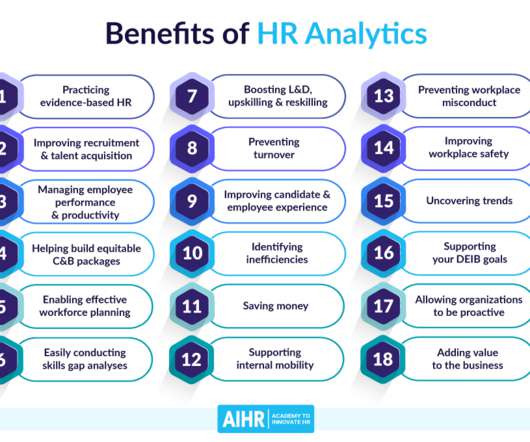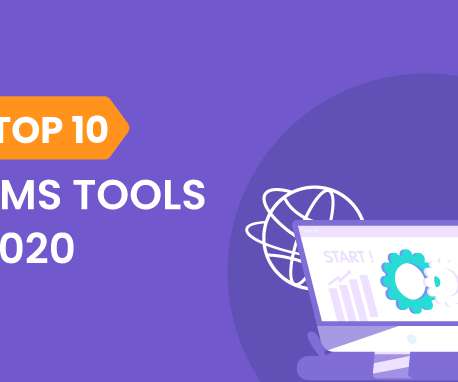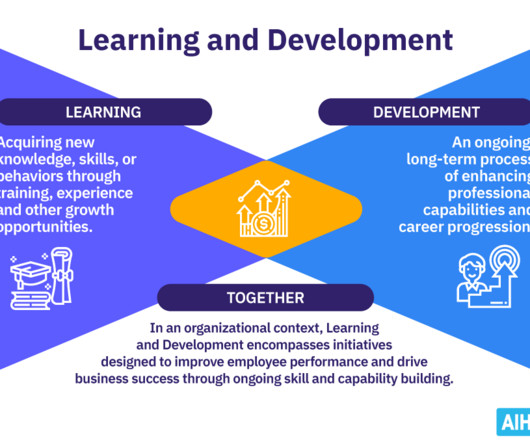What Is Human Resources?
Analytics in HR
JULY 31, 2023
As a department, it is responsible for managing HR activities from recruitment and onboarding, compensation and benefits, learning and development, performance management, and employee relations to separation or retirement. HR is vital in aligning the organization’s business objectives and employees’ needs and aspirations.





























Let's personalize your content